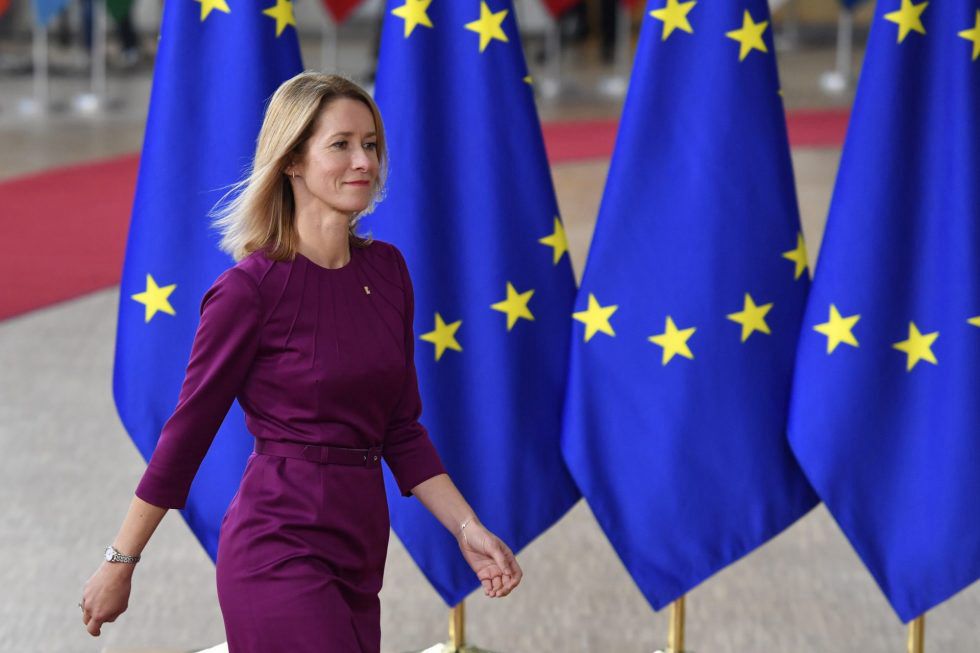This year, we will commemorate the 80th anniversary of the end of World War II. While for most Europeans the memorable end of the war is May 8th, Russians celebrate the end of the war on May 9, when military parades are organized in Moscow. This difference in marking the end of the war was caused by the signing of the German surrender at the headquarters of the Soviet command in Berlin in the late evening hours of May 8. Due to the time difference at that time, it was after midnight in Moscow, that is, May 9. So, the Germans surrendered on May 8, which Field Marshal Wilhelm Keitel confirmed with his signature on that day, but the Russians remained faithful to the date of May 9 even after the collapse of the USSR.
Ukraine distanced itself from the “Soviet form” of the event and considers May 8th as the anniversary of the surrender of Nazi Germany, as the Day of Remembrance and Reconciliation. (Note: However, the war continued in the Pacific between the USA and Japan. The Japanese finally surrendered on September 2nd, and this date was commemorated in the USA as Victory over Japan Day until the 1970s).
The topic of victory over fascism is a subject of controversial discussions due to the complicated relations between Russia and Ukraine. In recent years, the celebration of the end of the war has therefore had a special flavor, intensified by the war in Ukraine, which was provoked by Russian aggression three years ago. The different dates of the end of the war only reinforce the difference in perception between Russia and Ukraine in the fight against Nazism.
It is true that the Soviet Union played a key role in the defeat of Nazism. Like the Russians, the Ukrainians paid a high price for the victory. According to estimates, the losses of the Soviet Union amount to approximately 10.5 million military casualties and 18 million civilian casualties. The demographic losses of Ukraine amount to about 6 million civilian casualties and 2.5 million fallen at the front. Thus, the Ukrainians suffered more losses than Great Britain, Canada, the USA, and France combined. Hundreds of thousands of Ukrainians participated in the liberation of Romania, Poland, Bulgaria, Czechoslovakia, Hungary, Yugoslavia, and Austria.
Ukrainians even formed a major part of the highest command structure of the Soviet armed forces. Even onboard the American battleship Missouri, a Ukrainian lieutenant general signed the surrender of Japan on the Soviet side on September 2nd. The contribution of Ukrainians to the victory over Nazism was rewarded by the inclusion of Ukraine among the founding states of the United Nations.
However, Russian President Putin monopolizes the results of the war and the struggle of all the countries of the anti-Hitler coalition, and today dubiously claims that his war against Ukraine is an attempt to cleanse the country of Nazis.
It is therefore important that the data and results of World War II are not manipulated and exploited for propaganda purposes. The European Union’s High Representative for Foreign Policy, Kaja Kallas, has warned European leaders against attending the military celebrations on May 9th in Moscow this year, saying that the ongoing unprovoked war in Ukraine poses a threat to the stability and security architecture created by the results of World War II. She has urged them to show solidarity with Ukraine instead, given that Russia is indeed waging a full-fledged war in Europe.
Notably, Russian President Vladimir Putin’s government has sent invitations to the leaders of China, India, and Brazil — as well as Slovakia and Serbia, which is seeking to join the 27-nation EU bloc — to attend this year’s celebrations in Moscow. But Ukraine has already invited top EU officials and leaders to Kyiv on May 9th to confront Russia’s military celebrations. Kallas reiterated the call after meeting EU foreign ministers, saying, “to really show our solidarity and that we are with Ukraine.”
It is regrettable that the celebrations of the end of World War II will once again be overshadowed this year by the ongoing Russian aggression against Ukraine.






